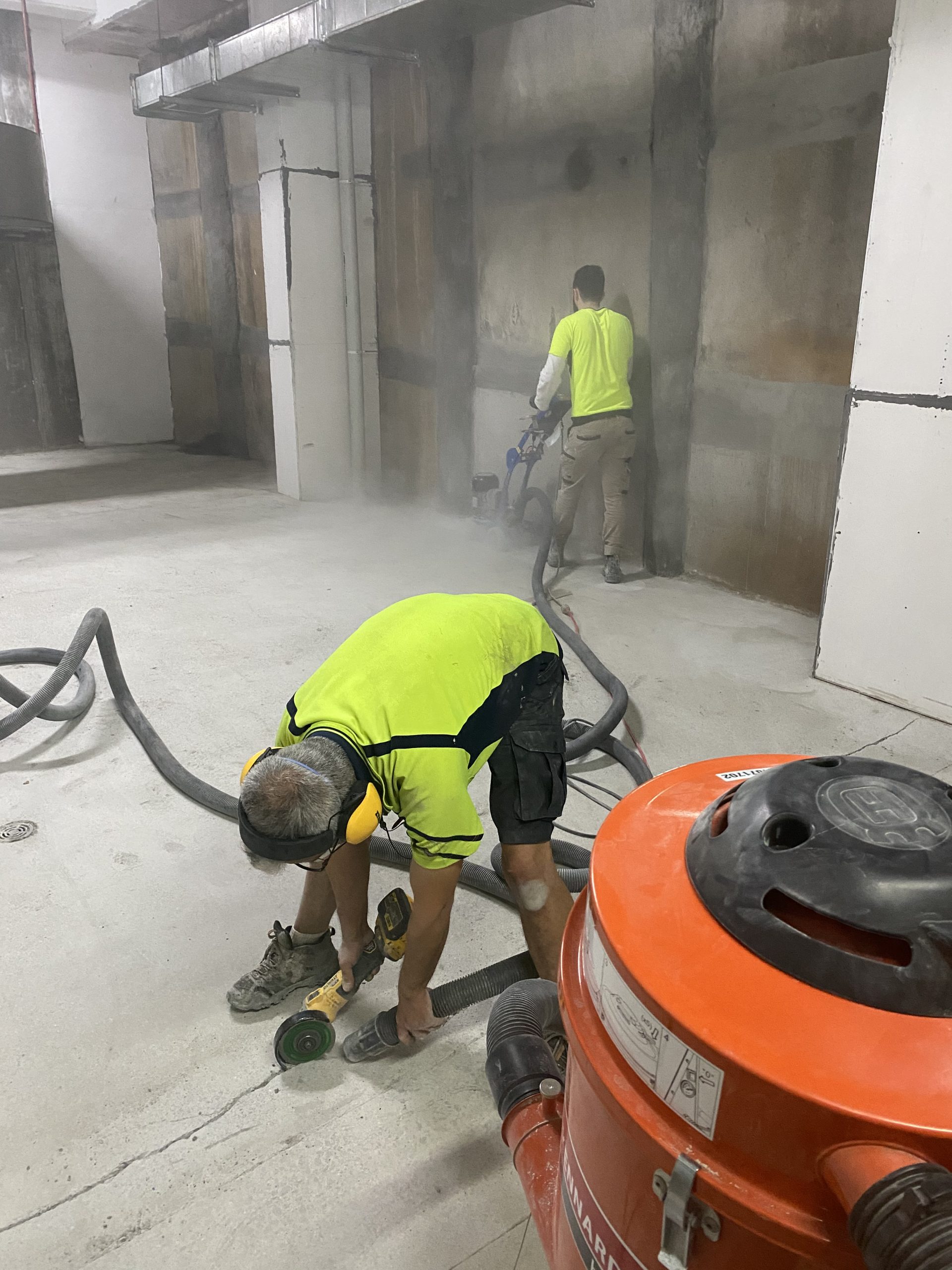Many constructions, including high skyscrapers and walkways, are built on concrete. However, what keeps concrete strong and strong resilient in the long run? One basic element is concrete joint sealing. Let’s get into why this seemingly small detail plays a massive part in guaranteeing the life span of concrete structures.
A. What Are Concrete Joints?
Before understanding the significance of sealing, let’s comprehend what concrete joints are. These are intentional gaps or spaces made in concrete structures to control cracking caused by different factors, for example, temperature changes and structural movement.
B. Why Do Concrete Joints Need Sealing?
Concrete, though powerful, isn’t impervious to harm. Unlocked joints can become weak points for moisture intrusion and debris gathering. Over the long haul, these issues can prompt more critical issues like erosion, breaking, and structural instability.
C. The Advantages of Concrete Joint Sealing
1. Prevents Water Harm
Water is one of cement’s greatest enemies. Unsealed joints permit water to leak in, prompting erosion of the subbase and weakening of the concrete after some time. Sealing these joints shapes a boundary against moisture. This assists with protecting the trustworthiness of the construction.
2. Preserves Structural Stability
Appropriately sealed joints assist with keeping up with the structural trustworthiness of cement. It additionally limits the gamble of breaking and moving because of external factors like temperature changes and ground movement. This guarantees that your concrete remains stable and safe for years to come.
3. Decreases Support Expenses
Investing in concrete joint sealing might appear to be an extra cost. However, it takes care of over the long haul by decreasing broad fixes and upkeep requirements. You’ll get a good deal on future fixes by preventing harm and weakening.
4. Upgrades Stylish Allure
Sealed joints give a cleaner and more clean hope to concrete surfaces. It prevents debris accumulation and weed growth; sealing keeps up with the stylish allure of driveways, walkways, and other concrete structures.
6. Prevents Cracks
Breaks in concrete are unattractive as well as an indication of possible difficulty. Joint sealing assists with decreasing the probability of brake forming by restricting the movement of the concrete slabs. This is particularly critical in regions with temperature fluctuations or weighty traffic, where cement is inclined to expansion and constriction.
D. Types of Joint Sealants
A few sorts of sealants are accessible, each taking care of specific necessities and conditions. These include silicone, polyurethane, and polysulfide sealants. Picking the proper sealant relies upon elements like environment and the sort of construction.
1. Silicone Sealants
It is ideal for joints exposed to outrageous temperatures and weather patterns.
2. Polyurethane Sealants
They are known for their adaptability, making them appropriate for joints inclined to movement.
3. Acrylic Sealants
Usually utilized for interior joints and regions with low traffic.
Picking the proper sealant depends on variables like the sort of joint and expected traffic load.
E. When Should You Seal Concrete Joints?
Ideally, joint sealing should be finished when the concrete is cured and ready to endure sealant application. However, it’s never past the time to seal joints, and regular upkeep can fundamentally expand your concrete’s life expectancy.
To summarize it
In concrete support, attention to detail can have a significant effect. Sealing concrete joints might appear to be a minor undertaking. However, its effect on the long-term durability of your concrete cannot be overstated.
Joint sealing guarantees that your concrete structures endure for the long haul by preventing water harm and decreasing support costs. Thus, whenever you’re thinking about concrete upkeep, don’t neglect the significance of concrete joint sealing. Your concrete and wallet will thank you over the long haul.



